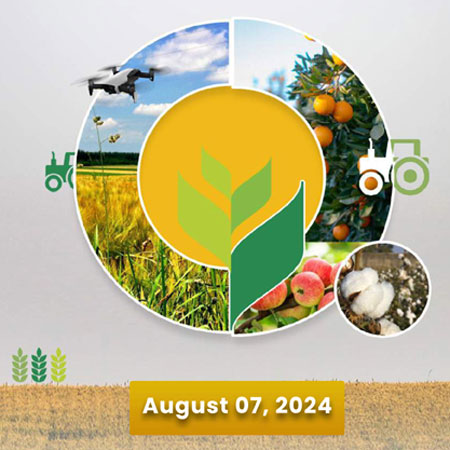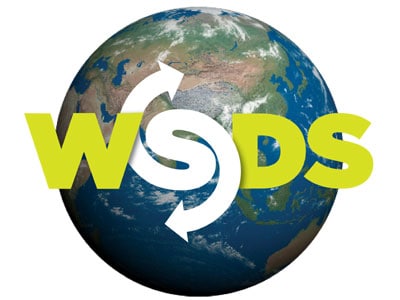
Book Review: Not the End of the World: How We Can Be the First Generation to Build a Sustainable Planet by Hannah Ritchie, is a new and hopeful look at climate change, which is one of the most important problems of our time. This book, which came out in early 2024, stands out because it challenges the common negative view of environmental problems and instead presents a positive picture based on facts and doable solutions.
Ritchie is a data scientist and used to study climate change. She uses her knowledge to look into problems like climate change, air pollution, deforestation, food security, wildlife conservation, ocean plastics, and overfishing. Each chapter carefully presents evidence-based insights that show not only how bad these problems are, but also how far we’ve come and what we might be able to do next. The author says that even though things are bad, they are not hopeless and that we are at a turning point where working together can make a big difference.
The idea of sustainability is one of the main ideas in Ritchie’s book. She says that sustainability is often taken to mean a fixed state that has gotten worse over time. Instead, she stresses that real sustainability means meeting the needs of the present without making it harder for future generations to do the same. This complex understanding sets the stage for her claim that we have the knowledge and tools to create a future that will last.
Ritchie also talks about some common misunderstandings about economic models like degrowth and population growth. Even though she agrees that these things do damage to the environment, she says that focussing only on them might take attention away from more effective solutions. Instead, she supports a balanced approach that includes both new technologies and changes to the way things are done.
The style of the book is interesting and easy to read, so a lot of people can understand the complicated information in it. Ritchie uses graphics and illustrations well to back up her points, though some readers have pointed out that these images might not always look good in digital formats. Still, it’s great that she can be positive without downplaying how important it is to act on climate change.
Some critics say that Ritchie’s optimism may be too naive, even though it is refreshing. A review said that her focus on market solutions might cause her to miss systemic problems that make it hard to be sustainable. Also, some readers think the book would be better if it talked about the problems that will come up more fairly instead of just focussing on the good things that will happen.
Anyone who cares about the environment and sustainability needs to read Not the End of the World. It’s both a wake-up call and a ray of hope, and it inspires people to take action to protect the environment. This book is an important addition to current discussions about how to deal with climate change because Ritchie uses both data-driven analysis and workable solutions.
Ritchie’s work not only educates but also motivates people to take action for a more sustainable world. She comes to the right conclusion when she says that even though we face big problems, we also have chances like never before to make real changes—if we decide to act together and decisively. This book is more than just a wake-up call; it’s an invitation to help make the future better for future generations.
Title: Not the End of the World
Author: Hannah Ritchie
Publisher: Chatto & Windus
Price: INR 391










